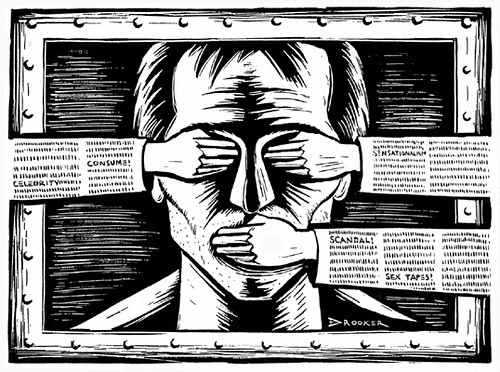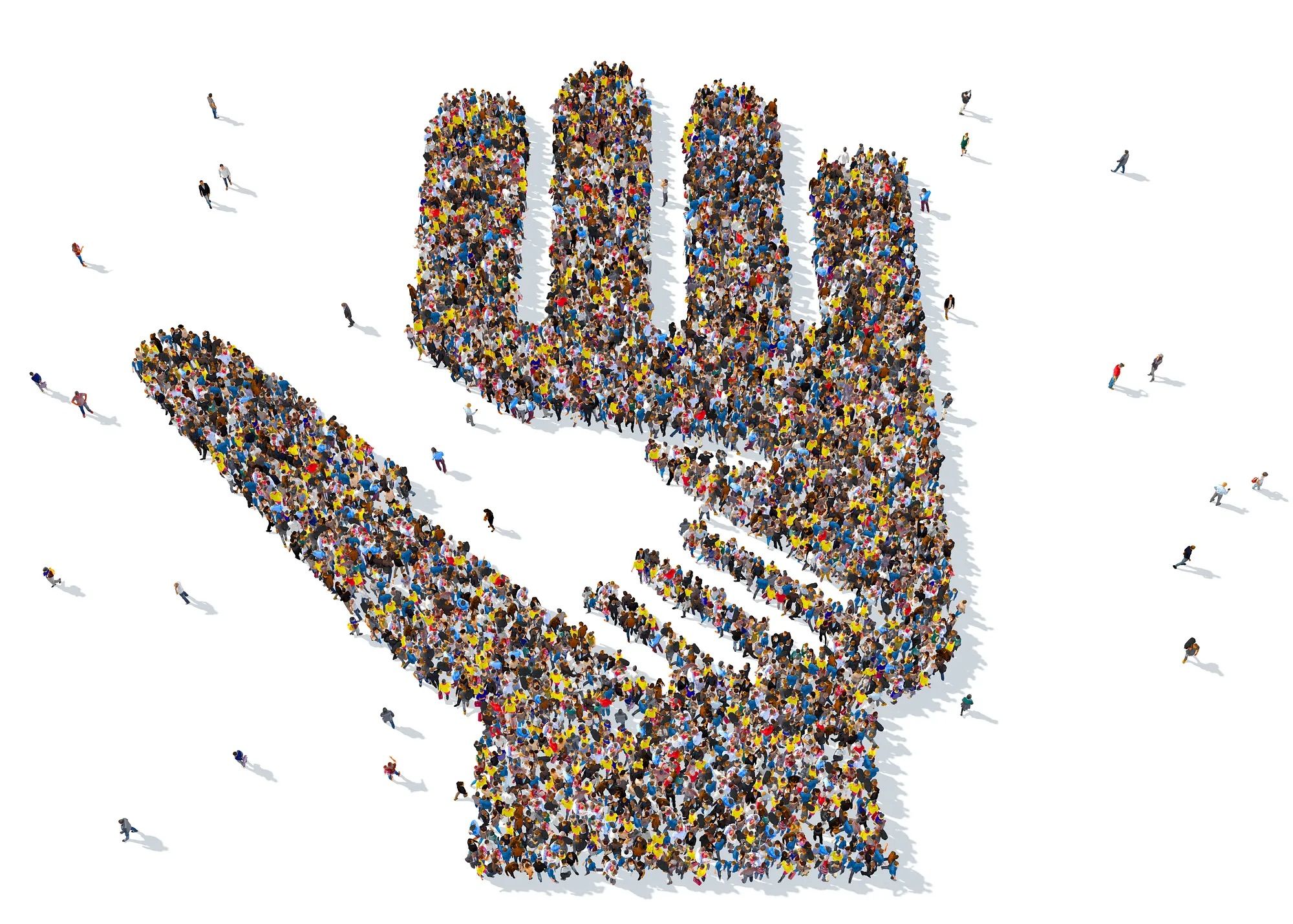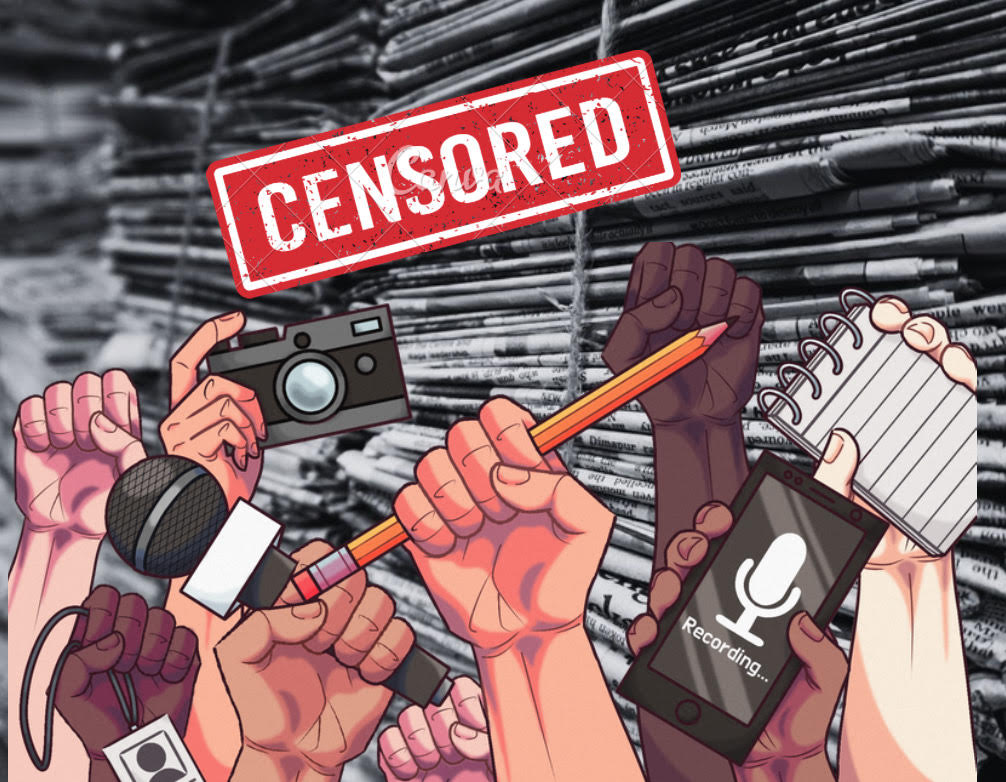Chelsea Manning, the former U.S. Army intelligence analyst who gained international attention for leaking classified military documents to WikiLeaks, continues to advocate for digital privacy and freedom of expression. At the Web Summit tech conference in Lisbon, Portugal, on November 13, 2024, Manning shared her thoughts on the ever-present danger of censorship in the digital age and the ways in which decentralization could offer a solution to online privacy challenges. Her remarks came amid ongoing debates around content moderation, misinformation, and the growing monopolies of tech giants controlling online platforms.
Here's ads banner inside a post

The Threat of Censorship in the Digital Age
Censorship, according to Manning, remains “a dominant threat” that pervades not only traditional media but the digital realm as well. Speaking during a discussion with CNBC’s Karen Tso, Manning highlighted the growing complexity of censorship in the 21st century. She explained that, while censorship historically involved the suppression of information, the modern form of censorship has evolved into a more insidious form, often masked behind algorithms that determine what content is promoted or suppressed on social media platforms.

Here's ads banner inside a post
Manning pointed out that today’s censorship is often driven by the algorithms that control the flow of information. These algorithms are designed to amplify content that drives engagement, but this system can also lead to the suppression of dissenting voices or alternative narratives. “Censorship is a question of who’s doing the censoring, and what the purpose is,” Manning said, emphasizing how algorithms increasingly prioritize content based on user engagement rather than its authenticity or verifiability.
She believes that the very platforms that dominate online discourse—social media networks like Facebook, Twitter, and Instagram—have made us more accepting of a form of digital censorship. “Social media and the monopolies of social media have sort of gotten us used to the fact that certain things that drive engagement will be attractive,” Manning added, noting that these platforms have become accustomed to manipulating users’ attention for profit.
Here's ads banner inside a post
Decentralized Internet: A Solution to Censorship?
One potential solution Manning sees is a return to a more decentralized internet, similar to the one that existed during the early 1990s before the rise of major corporate-controlled platforms. She suggested that decentralization could offer individuals more control over their personal data and help bypass the monopolistic practices of tech giants that govern much of today’s internet experience.

Manning called for “decentralized identification,” a concept that would empower individuals to own and manage their own data. She proposed a system where encryption technology would allow individuals to make decisions about their online presence without relying on companies to provide the tools or permissions. By doing so, people would be able to control how their personal information is shared and accessed, giving them more power in an increasingly surveilled digital landscape.
“One of the ways that we can sort of countervail [censorship] is to go back to the more decentralized and distribute the internet of the early ’90s, but make that available to more people,” Manning said. She stressed that decentralization would allow people to reclaim their autonomy over their data and identity in a way that current systems, which are governed by large, centralized tech companies, do not.

While the idea of a decentralized internet may seem idealistic, Manning argued that it could be feasible with advances in technology. She noted that distributed technologies, such as blockchain, already demonstrate the potential for creating decentralized networks that prioritize privacy and security over corporate interests.
Reimagining the Social Contract in the Digital Age
Manning also touched on the need for a “better social contract” in the digital realm—one that addresses the growing concerns over online safety, data privacy, and the responsibilities of tech companies. As more and more personal information is shared online, the rules around how that information is used and protected must be redefined to ensure a safer and more equitable digital environment for all users.

She emphasized that in a decentralized system, users would not only have control over their data but also be able to decide how it is shared. Through encryption, individuals could essentially “check the box” themselves when it comes to consenting to share their information, instead of relying on companies to impose such choices on their behalf.
Manning’s vision of a more decentralized internet would also impact the financial model of tech companies. Currently, many tech giants profit from exploiting user data and engagement through ads and targeted content. Manning acknowledged the challenge in creating a sustainable business model in such a system, but she argued that the solution lies in establishing a social contract that respects user privacy and consent while still allowing companies to generate revenue through alternative means, such as offering paid services or creating value through user-controlled data.
Whistleblowing in the Era of Misinformation
Manning, whose own experience as a whistleblower made her one of the most prominent figures in the conversation about transparency and the protection of sensitive information, also shared her thoughts on the state of whistleblowing in the current digital landscape. As someone who has lived through the legal consequences of revealing classified information, Manning knows firsthand the challenges of navigating a world where secrecy, misinformation, and disinformation are constantly at play.

Reflecting on how whistleblowing has evolved, Manning observed that we are now living in a time when there is no shortage of information. “We have more information than ever,” she said, acknowledging that the overwhelming abundance of data makes it difficult to separate what is true from what is fabricated. This surge in information, she noted, has shifted the challenge from secrecy versus transparency to a more complex battle against misinformation.
“Countries and governments no longer seem to invest the same amount of time and effort in hiding information and keeping secrets,” Manning explained. “What countries seem to be doing now is they seem to be spending more time and energy spreading misinformation and disinformation.” This has made the task of identifying verifiable and authentic information more daunting for whistleblowers, who must now sift through vast amounts of data to discern what is legitimate.
Manning highlighted that today’s whistleblowers face a new kind of challenge: distinguishing between truthful information and the falsehoods that governments or other entities may use to confuse or mislead the public. She suggested that the ability to verify the authenticity of information is key to addressing the growing concerns around transparency in the digital era.
The Future of Whistleblowing and Online Privacy
As the conversation around digital privacy, censorship, and whistleblowing continues to evolve, Manning’s insights provide valuable perspectives on how the digital world can be reshaped to prioritize individual freedom and authenticity. The solutions she advocates for, such as decentralized identification and a reimagined social contract, aim to protect individuals from the pervasive surveillance and censorship that characterize much of the modern digital landscape.

In a time when information is more accessible but more difficult to trust, Manning’s advocacy for privacy, transparency, and decentralization offers a roadmap for a more balanced and equitable future. It’s clear that her experiences, both as a whistleblower and a privacy advocate, have shaped her belief that protecting individuals’ rights online requires a fundamental shift in how we think about data, information, and the role of technology in our lives.
As Manning continues her work with Nym Technologies, a company focused on online privacy and security, her voice remains crucial in the ongoing debate over the future of the internet. Whether or not her vision of a decentralized, more user-centric digital landscape comes to fruition, her contributions will undoubtedly continue to shape the conversation on digital freedom and privacy in the years to come.



